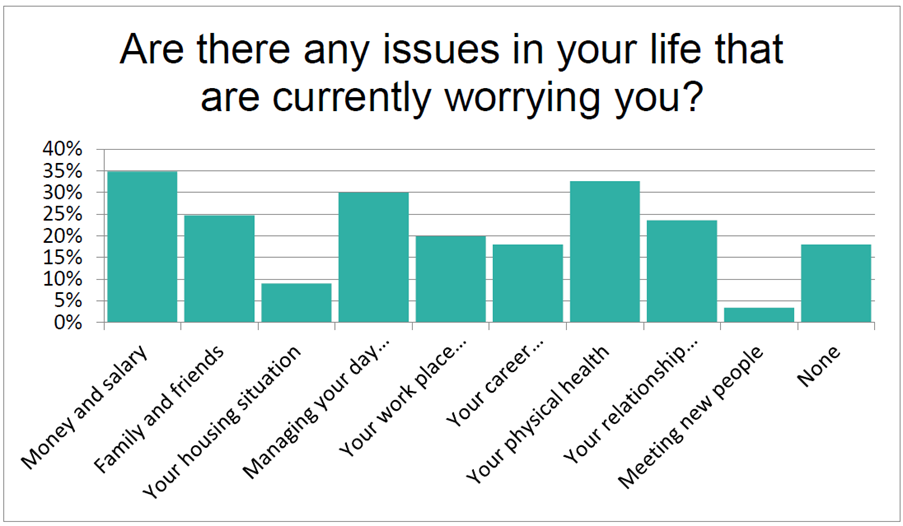Stress is a common experience in today’s fast-paced and demanding world, and its effects on mental health cannot be understated. When an individual is exposed to prolonged or excessive stress, it can have a significant impact on their mental well-being.
One of the primary ways in which stress can affect mental health is by contributing to the development or exacerbation of anxiety and depression. Chronic stress can disrupt the balance of neurotransmitters in the brain, leading to mood disturbances and feelings of sadness, worry, or irritability.
Stress can also manifest in physical symptoms, such as headaches, muscle tension, and digestive issues, which can further impact mental health by increasing feelings of discomfort and distress.
In addition, chronic stress has been linked to an increased risk of developing other mental health conditions, such as post-traumatic stress disorder (PTSD), obsessive-compulsive disorder (OCD), and substance abuse disorders.
It is important for individuals to recognise the signs of stress and take proactive steps to manage it effectively. This may include practicing relaxation techniques, engaging in regular physical activity, maintaining a healthy lifestyle, and seeking support from friends, family, or mental health professionals.
By addressing stress in a timely and effective manner, individuals can protect their mental health and well-being, leading to a more balanced and fulfilling life. Remember, it is okay to seek help and prioritise self-care when dealing with stress and its effects on mental health.
Stress is a familiar companion in our fast-paced world. Stress triggers a physiological response in the body, known as the “fight or flight”, which is designed to help us deal with perceived threats or challenges, and although a little pressure can help us focus, exposure to prolonged or excessive stress has a significant impact on our mental well-being.
Causes of stress
- Relationship stress – be it a relationship with a partner, parent, child, friend or colleague; our relations can cause us a great deal of stress.
- Work stress – it can be natural to feel some level of stress with work, with pressure, and deadlines, etc. but this should always be at a manageable level.
- Money stress – our financial situations can cause stress levels to rise, especially with the recent cost-of-living crisis.
- Smoking, drinking, and drugs – these may seem to reduce stress in the short term, but in reality, can often make problems worse; with other mental health problems such as anxiety and depression developing.
- Stress & mental health: Prolonged (chronic) stress can disrupt the balance of neurotransmitters in the brain, causing mood disturbances—feelings of sadness, worry, or irritability. It can contribute to the development or increase of anxiety and depression and is also linked to conditions like PTSD, OCD, and substance abuse disorders.
- Physical clues: Stress manifests physically too: causing symptoms such as tension headaches, muscle tightness, loss of appetite. These discomforts further impact mental health and can become a vicious circle.
- Proactive steps: It’s important to recognise the signs of stress and take steps to manage it. Practice relaxation techniques, stay active, maintain a healthy lifestyle and seek support from loved ones or professionals.
- Prioritise self-care—it’s not a sign of weakness but of strength.

Over the six months prior to the 2023 survey being issued, two out of three participants advised that they had ended up eating or sleeping either too much or too little
Source: PSS happiness survey 2023.

How can you help yourself with stress?
- Realise the problem.
- Identify the causes.
- Review your lifestyle.
- Make changes – such as eating more healthily, reduce smoking and drinking, exercise more, meditate, get more sleep and try not to be so hard on yourself.
- Take up a hobby.
TRIGGER WARNING: The video below contains mention of suicide and may be upsetting to some viewers.

